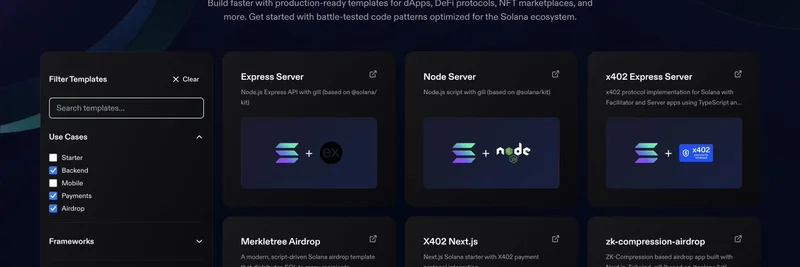The buzz around Hyperliquid's USDH governance process has been eye-opening for the crypto community. For those new to this, Hyperliquid is a high-performance decentralized exchange (DEX) built on its own layer-1 blockchain, specializing in perpetual futures trading. USDH is set to be its native stablecoin, pegged to the US dollar, and the governance drama revolves around which project gets to claim the coveted "USDH" ticker symbol.
In a recent thread on X (formerly Twitter), Ryan Watkins, co-founder of Syncracy Capital and a former Messari analyst, highlighted a key takeaway from this process. He pointed out that numerous top-tier projects and institutions are gearing up to build on Hyperliquid, no matter how the ticker dispute shakes out. The "USDH ticker wars," as Watkins calls them, have simply sped up these announcements and plans.
Watkins' main post reads: "One of the biggest revelations from the USDH governance process is just how many blue chip projects and institutions plan to build on Hyperliquid regardless of the outcome. USDH ticker wars were just a catalyst for all them to reveal and accelerate their plans. Hyperliquid."
This sentiment underscores Hyperliquid's growing appeal in the blockchain space. As a platform known for its speed and low fees, it's attracting serious players who see long-term value beyond just a stablecoin ticker.
He followed up with a cautionary note: "Btw for those that are promising the world to Hyperliquid, but don’t plan to follow through on any of it if they don’t win the ticker, the community is watching. Will be a quick way to incinerate whatever social capital you have in the ecosystem."
This is a smart reminder about accountability in crypto. Governance processes like this aren't just about winning a symbol—they're about building trust and delivering on promises. Projects bidding for USDH are offering everything from liquidity incentives to integrations, but the real test will be their commitment post-decision.
Why does this matter for meme token enthusiasts and blockchain practitioners? Hyperliquid's ecosystem could become a hotbed for innovative trading tools, including those involving volatile meme assets. With more blue-chip involvement, we might see enhanced liquidity and new features that make trading memes safer and more efficient.
The thread has sparked discussions, with users noting how this positions Hyperliquid as a potential institutional hub in crypto. For instance, one reply emphasized the sophistication of the governance bids, linking to a summary of contenders vying for USDH (check it out here).
Overall, this governance saga is a win for Hyperliquid, shining a light on its robust future. If you're diving into blockchain tech, keeping an eye on platforms like this can give you an edge in understanding where the next big innovations—and maybe the next meme token surge—might come from.


